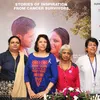On World Cancer Day, here are 5 inspirational quotes by celebrity cancer survivors
A 2019 study in Journal of Global Oncology revealed that cancer cases in India will double every 20 years. But experts believe that the mind can often do what medicine can't. These inspirational quotes by celebrity survivors show how a positive attitude can help battle the disease.
Cancer is the second leading cause of death globally, with about one in six deaths linked to the dreaded disease. India's cancer burden has more than doubled over the last 26 years, with the highest increase reported in cases of breast cancer.
The World Health Organisation says that one third of cancer-related are due to the five leading behavioural and dietary risks: high body mass index, low fruit and vegetable intake, lack of physical activity, tobacco use, and alcohol use.
Over the last few years, many celebrities, including Yuvraj Singh, Rishi Kapoor, and Sonali Bendre, have successfully fought cancer, inspiring India with their positive attitude and sunny spirit.

These quotes by celebrity cancer survivors show us how the mind can often do what medicine can't.
Tahira Kashyap Khurrana
Writer and director Tahira Kashyap Khurrana has been vocal about her struggle with cancer across online and offline platforms. She was diagnosed with Stage 0 breast cancer in 2018.
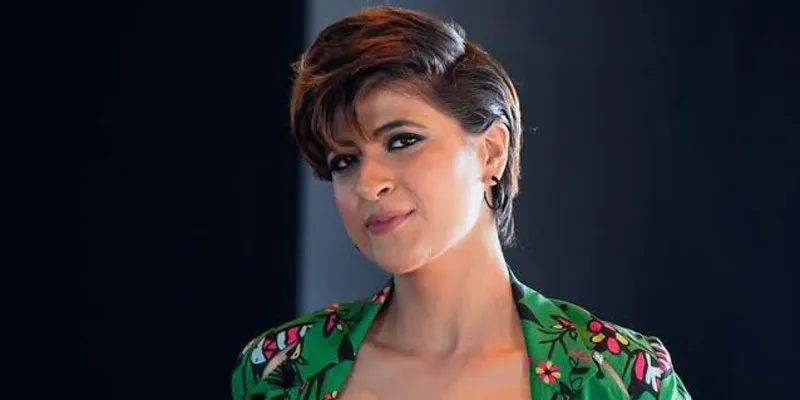
Tahira Kashyap Khurrana
On World Cancer Day last year, she posted on Instagram: “Today is my day! Wish you all a happy #worldcancerday and hope each one of us celebrates this day in an embracing way. That we remove any stigma or taboo associated with it. That we spread awareness about it and that we have self-love, no matter what. I truly embrace all my scars as they are my badges of honour. There is nothing known as perfect. Happiness lies in truly accepting yourself. This was a tough one for me.”
Yuvraj Singh
In 2011, former Indian cricketer Yuvraj Singh was diagnosed with a non-malignant tumour of the lungs, but further tests revealed cancer. He dealt with his cancer treatment very positively, and made his international comeback in a Twenty20 match the next year.
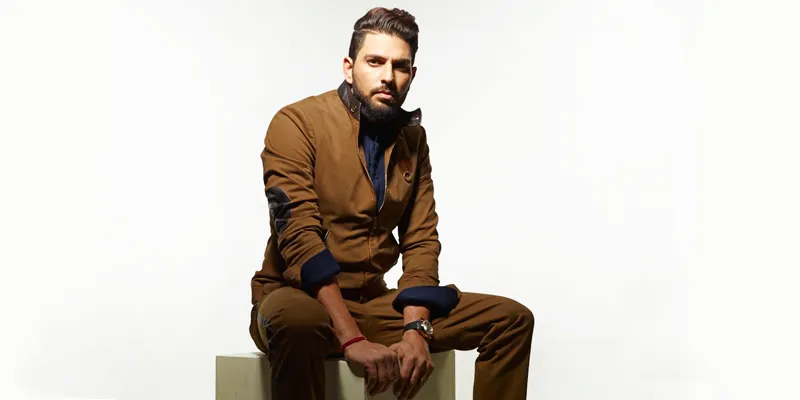
Yuvraj Singh
He said, “Cancer has taught me a lot of things. Maybe it is the best thing that has happened to me. I can't say right now, but maybe some years down the line, I would realise. When I was undergoing chemotherapy, there were a lot of elderly patients, and that would inspire me. I thought, 'If they can be cured, why can't I be?'”
Manisha Koirala
The Dil Se actress was diagnosed with ovarian cancer in 2012. She boldly posted pictures of herself during chemotherapy from a hospital in New York, and candidly admitted that she had gone through several breakdowns during her treatment. After her recovery, she started supporting various NGOs and organisations that help cancer patients.
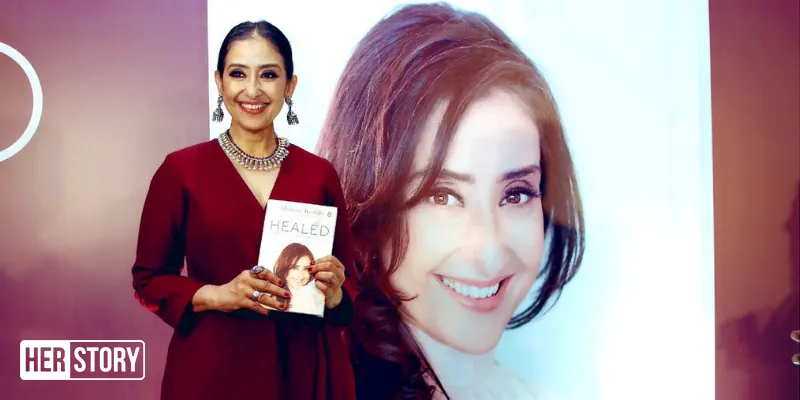
Manisha launched her memoir, 'Healed: How Cancer Gave Me A New Life', in December, 2018.
“Cancer became my teacher. It taught me to seek out help in various aspects influencing my health. It led me to learn yoga and pranayama, and encouraged me to deepen my spiritual understanding by going to Oneness University,” Manisha said.
Lisa Ray
The Indian-Canadian actor and philanthropist was detected with multiple myeloma in 2009. Later, she wrote a book, Close To The Bone, where she wrote about her struggles as she battled cancer.
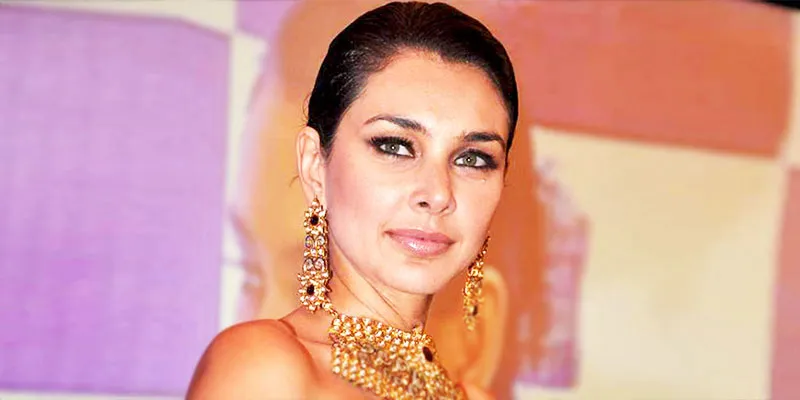
Lisa Ray
“In our profession, you can’t go home when you’re sick. You pop medicines and get on with work. In addition, I hadn’t really dealt with the trauma of the accident I was in. What do we do when we don’t want to face something? We keep busy. I did that. Until finally I had to stop, listen to my body, heal, and make changes. In a strange way, I realised it was a time of reckoning. I knew it wasn’t the end of me, I knew I wasn’t going to die, but I also knew it wasn’t going to be easy,” she said.
Anurag Basu
The Barfi! director was told by doctors in 2004 that he had only 50 percent chance of survival when he was diagnosed with acute promyelocytic leukemia, a type of blood cancer. But, he fought the cancer and emerged a winner.
In an interview, he said: “The first step to fight cancer is to be happy. I feel when it comes to fighting cancer, 50 percent cure can be attributed to medication and another 50 percent to will power. One should set small aims. For example, when I was admitted in Tata Memorial, I was unable to walk in my initial days of treatment. I set myself small goals like walking to a chair in the room and gradually increased that to walking across my room. These goals kept me going and built my confidence.”
(Edited by Teja Lele Desai)





